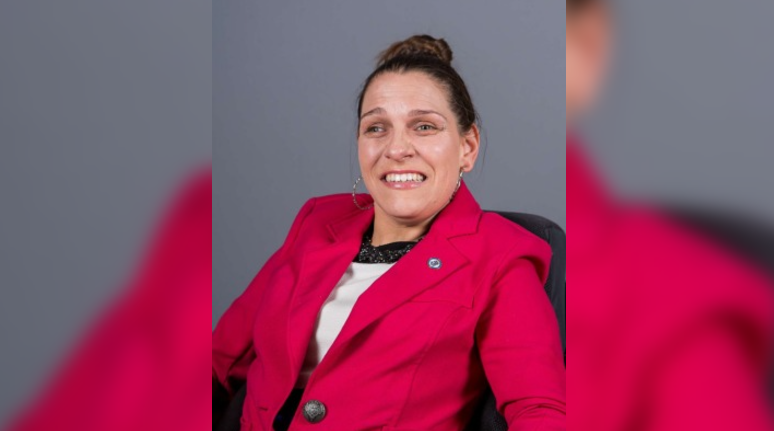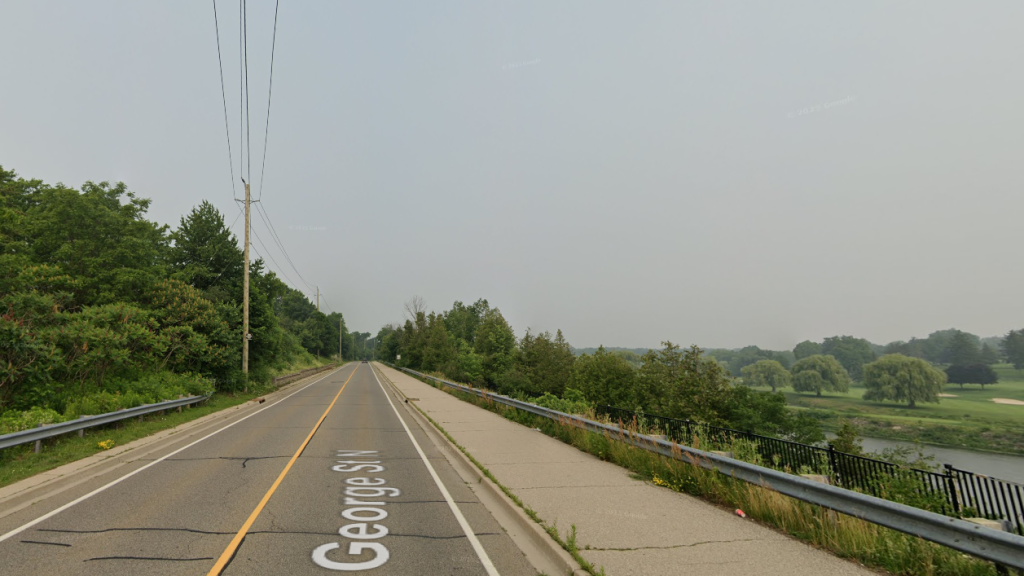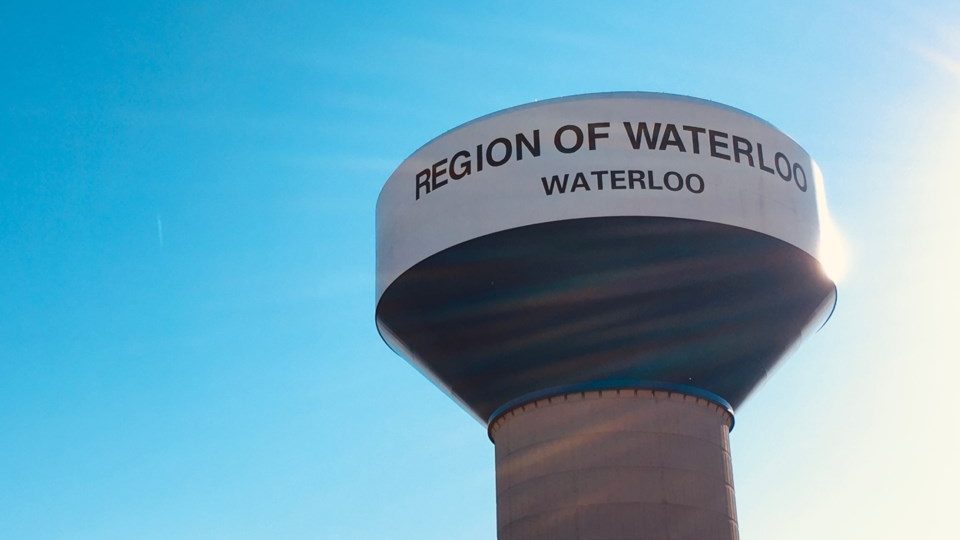Regional councillor speaks out after disappointment with accessible transit in Ottawa

Posted Nov 20, 2024 03:08:03 PM.
Last Updated Nov 20, 2024 03:20:25 PM.
Chantal Huinink, Regional Councillor for Waterloo, addressed a letter to members of Ottawa City Council, voicing her concerns after facing difficulty using accessible transit while visiting the nation’s capital.
In her letter, Huinink explains that she uses a power wheelchair for mobility, related to physical challenges.
Prior to visiting Ottawa for the 125th AMO Conference this past August, Huinink said she attempted to schedule an accessible taxi from the Tremblay VIA Rail station to her hotel.
But she soon learned that those facing disabilities could not book accessible taxis in the days leading up, Huinink wrote in her letter.
Instead, the accessible taxi service requires customers to book transportation when needed and wait up to 60 minute per trip, she said.

The councillor went on to explain that upon arriving at the Via Rail Station, she immediately contacted two accessible taxi services. To her surprise, there was still no taxi available after waiting 1.5 hours at the train station.
While this occurred during the late evening hours, the councillor decided to switch course and board the O-Train, with Huinink’s PSW assisting her with the luggage.
“Given my visual impairment and difficulty navigating unfamiliar environments, as well as the time of night, this was very frightening,” she told CityNews in an interview.
While Para Transpo offers a “book-in-advance public-transit service some or all of the time” for those with disabilities, Huinink said not having this option with accessible taxi services in Ottawa led to an uncomfortable situation in an unfamiliar environment.
“I believe it would be safer and easier for customers with disabilities and taxi brokers to have the ability to schedule trips in advance where possible,” added Huinink.
In the case of Para Transpo, customers must book one-day in advance, limiting their ability to access transportation, same-day.
“It was very disheartening to me that accessible transportation is so unreliable in our nation’s capital,” she said.
Not just a one-off situation
Kyle Humphrey, an accessibility advocate and member of the Para Parity advocacy group, says there are still not enough accessible taxis on the road. Even if people pre-book a taxi, they’re not guaranteed a service, he explained.
This past weekend, Humphrey said he booked an accessible taxi on Nov. 16 in the morning, scheduled for a 2 a.m. pickup.
He ended up waiting until 2:40 a.m. when a non-wheelchair-accessible cab showed up. Humphrey and the driver had to disassemble his wheelchair.
“People aren’t offered service that is equitable to their peers who can take the LRT or R1 routes to the nearest major stop and then pay considerably less for a taxi from there,” said Humphrey.
The councillor said she discovered that accessible options were often absent, including several automatic door openers and ramp or elevator access in businesses in the downtown core.
“I was disappointed to find several of the automatic door openers of businesses, media stations and restaurants in the downtown core to be out of order and even more to be completely inaccessible due to a lack of ramp or elevator access,” she explained.

Huinink is calling on Ottawa to improve accessible transit systems and policies to ensure that residents with disabilities can lead “meaningful, productive lives and travel where they need and want to go.”
Ottawa says progress has been made
In an email response from the City of Ottawa, Roger Chapman, Director, By-law and Regulatory Services emphasized the city’s commitment to creating accessibility for everyone, adding that all complaints are taken very seriously
“By-law and Regulatory Services (BLRS) conducted a fulsome investigation following receipt of the complaint. No violations of the Vehicle For Hire By-law were found, as the taxi cab broker had the required number of accessible taxis in service and the call that was accepted by the taxi service was cancelled by the complainant,” wrote Chapman.
According to the director of BLRS, the city took the following steps to improve the availability of on-demand accessible taxi cabs:
- Implemented a three-year pilot contract to create a centralized dispatch service for on-demand wheelchair-accessible vehicles, in which the closest accessible vehicle, regardless of company is dispatched to the call
- $5,000 per year for three years for each accessible taxicab plate holder licensee or vehicle owner for investment in a fully wheelchair accessible vehicles
- Financial incentives of up to $2,000 per year for each accessible taxicab driver for accepting all on-demand wheelchair-accessible trip requests and maintaining the vehicle operational and available for 50 hours per week, 48 weeks of the year
- A $15 per trip contribution payable to the accessible taxicab driver for each completed accessible fare (three-year basis)
Following the implementation of the centralized dispatch system and financial incentives, the municipality said it has seen a notable decrease in wait times for on-demand taxi service, with the current wait time of 12-15 minutes during peak hours.
While the city acknowledges these wait times may be longer in off-peak hours, BLRS found a significant improvement in service in recent months. Additionally, BLRS only received four complaints about accessible taxi service in all of 2024, said Chapman.








